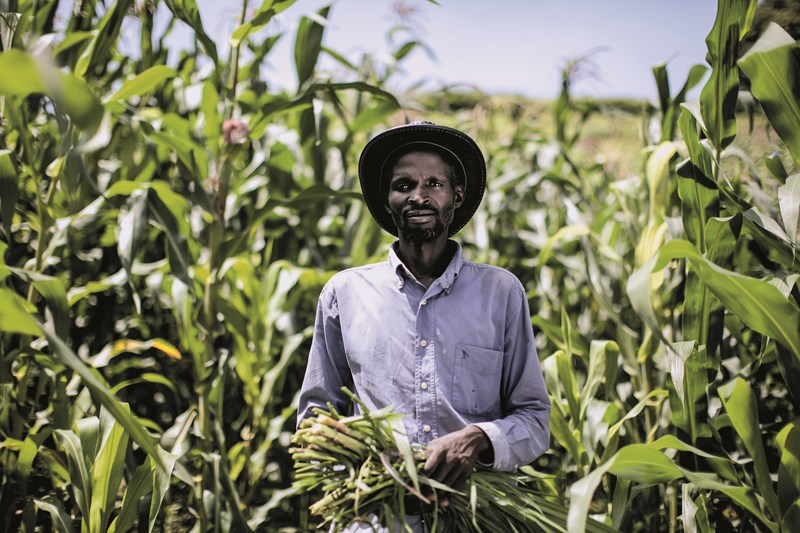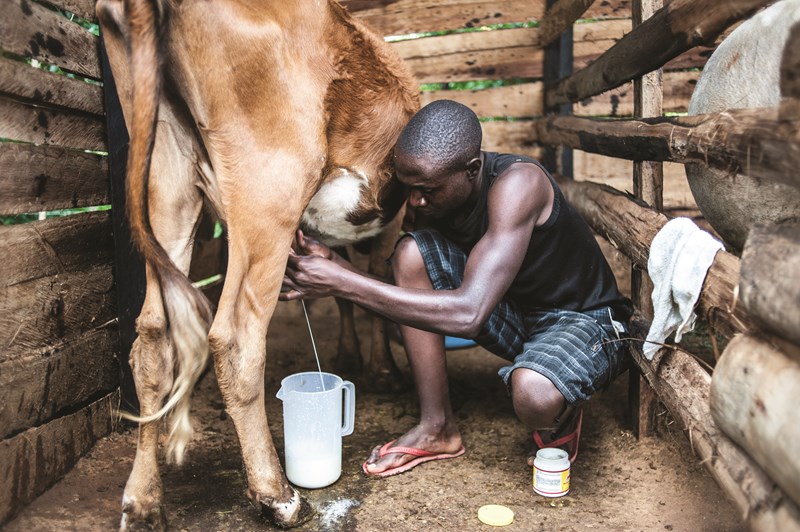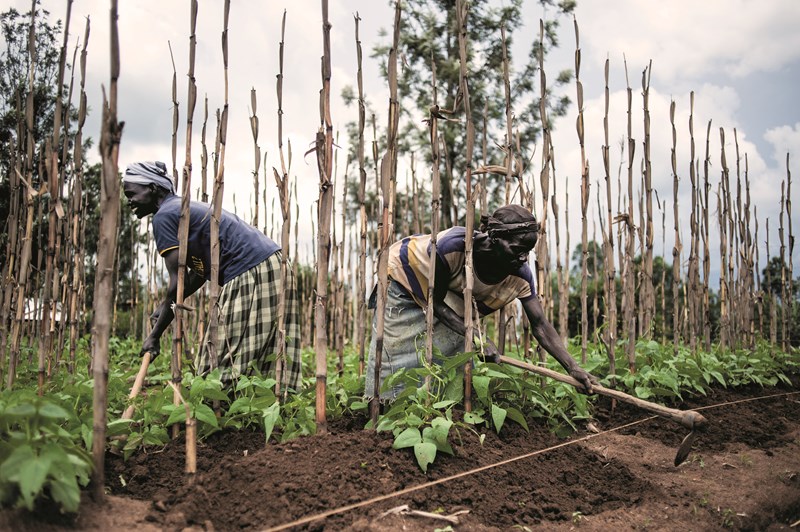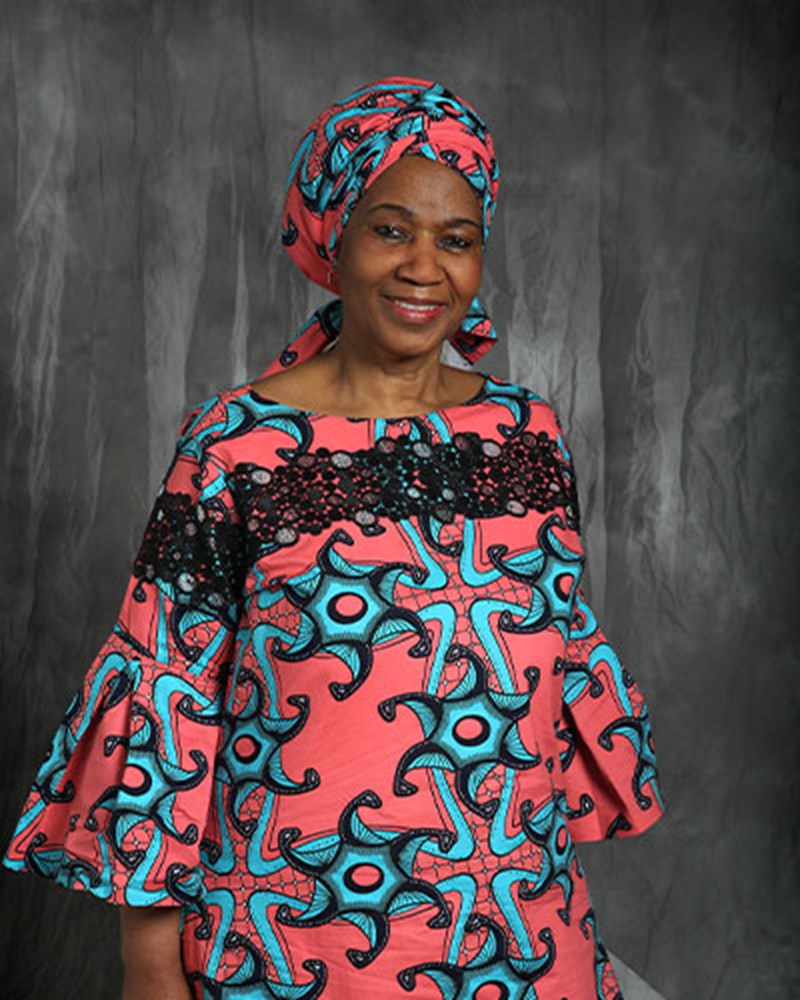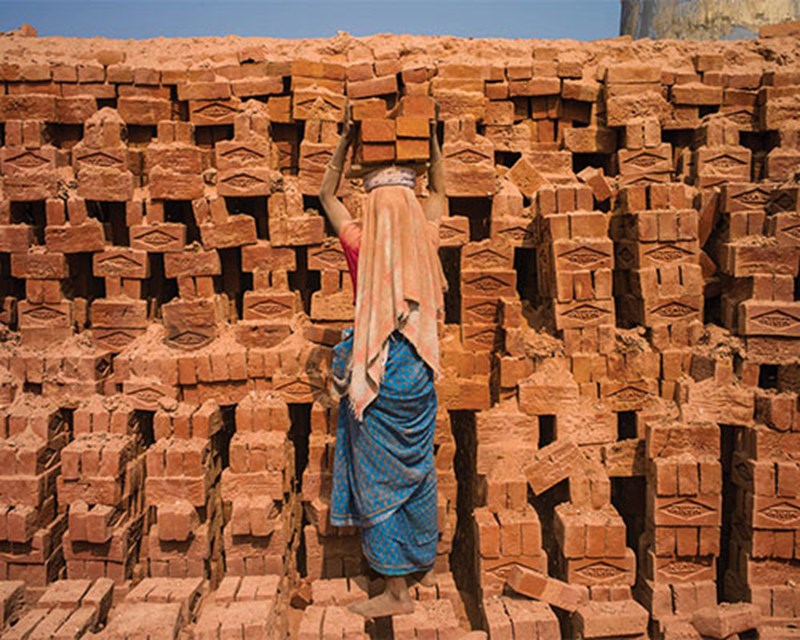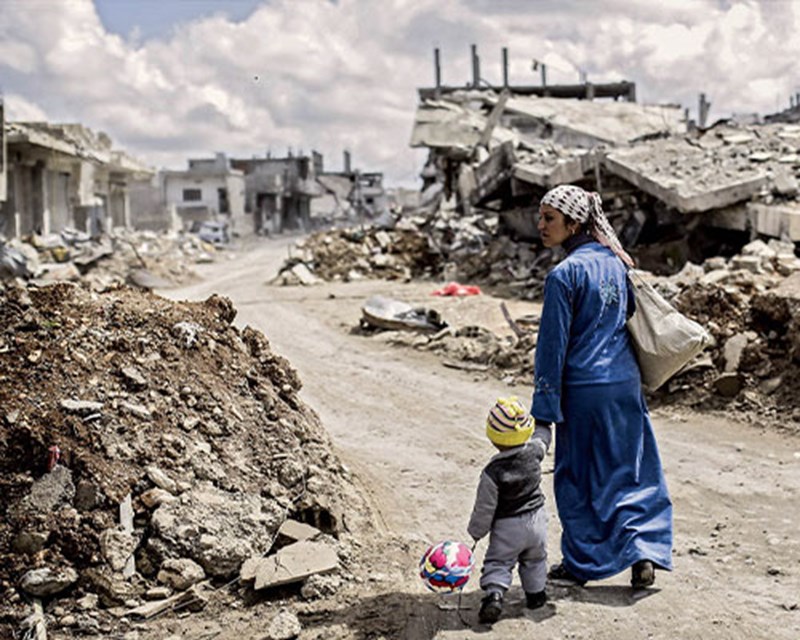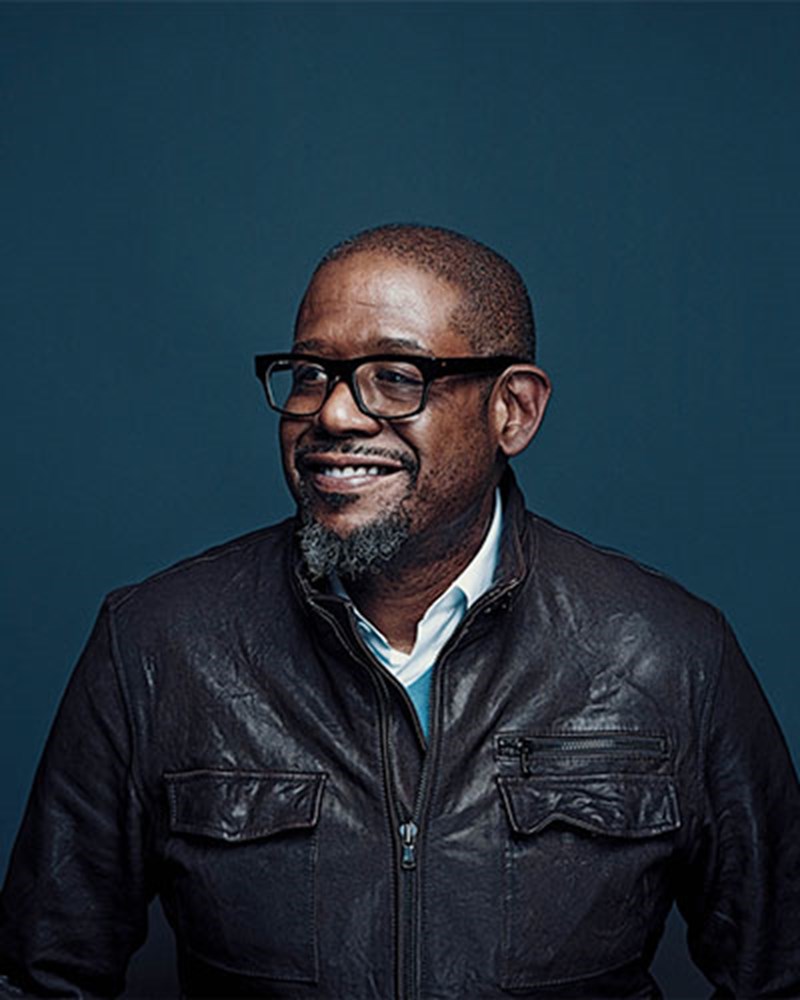Afew years ago, 15 young people from some of Senegal’s poorest communities were telling me excitedly about their new ventures – entrepreneurial activities they hoped would set them on a more prosperous path and help others from similarly disadvantaged backgrounds. One young man dreamed of introducing more computers into primary schools; another had set up a network to help rural youth find their feet in the urban tumult of Dakar, the country’s capital.
Just as I was leaving, I said: “What you are doing is wonderful. Your parents must be so proud.” The response caught me off guard. Every single one replied, “My parents are against what I’m doing.” They each faced family pressure to get a government job, or to use their English skills instead to become a tour guide.
Their stories are instructive in understanding some of the obstacles for ambitious African youth. The journey to work ‐ whether formal or informal, entrepreneurship or traditional employment – is often a solitary one, with little practical support to equip them with the skills, education and tools they need. Or, as illustrated in the case above, a favourable social environment to try something new.
Africa is home to the world’s largest population of young people who, in about 25 years, will make up the largest workforce in the world. By some forecasts, 11 million youth are expected to enter Africa’s labour market each year for the next decade.
If countries on the continent can boost job growth and equip young people with the skills and practical experience necessary for work, then Africa has a significant opportunity to achieve rapid, inclusive and sustainable economic growth. Moreover millions will have the opportunity to lift themselves out of poverty.

